In one of the most radical financial moves, the Government of India has announced the demonetisation of all Rs 500 and Rs 1,000 banknotes. The government claimed that the action would curtail the shadow economy and crack down on the use of illicit and counterfeit cash to fund illegal activity and terrorism. The sudden nature of the announcement and the prolonged cash shortages in the weeks that followed created significant disruption throughout the economy, threatening economic output. Prime Minister of India Narendra Modi announced the demonetisation in an unscheduled live televised address at 20:00 Indian Standard Time (IST) on 8 November. In the announcement, Modi declared that use of all Rs 500 and Rs 1000 banknotes would be invalid past midnight, and announced the issuance of new Rs 500 and Rs 2000 banknotes in exchange for the old banknotes. The BSE SENSEX and NIFTY 50 stock indices fell over 6 percent on the day after the announcement. In the days following the demonetisation, the country faced severe cash shortages with severe detrimental effects across the economy. People seeking to exchange their banknotes had to stand in lengthy queues, and several deaths were linked due to the rush to exchange cash.
Yes, it is true. It is also true that the small industrial units, which predominantly operate in the cash economy, have suffered some jobs have been lost and economic growth is being affected. But do all these mean that demonetizationtion has been a futile exercise? Should we regret this? As a common man and someone who has been closely tracking the people at the so-called bottom of the pyramid first by virtue of heading a large microfinance institution and now a bthathich serves this segment. Yes, it has not confiscated hordes of black money. However, the banks have reported lakhs of suspicious transactions where people have deposited a large amount of cash with banks which their financial background does not justify. In due course, the investigative agencies will get into action and track down these people. We also need to take into consideration the rise in cashless transactions.
Demonetisation has also improved transmission in the banking system and led to the greater financialisation of savings. Look at the way the banks have pared their loan rates in past nine months because they are flush with money. Won’t that bring down the cost of investment when the borrowers decide to lift the bank money? I am also confident that from now on, people will shift their focus from real estate to financial assets such as mutual funds, and insurance, among others, as an investment avenue.
Prashant Tewari, Editor-in-Chief







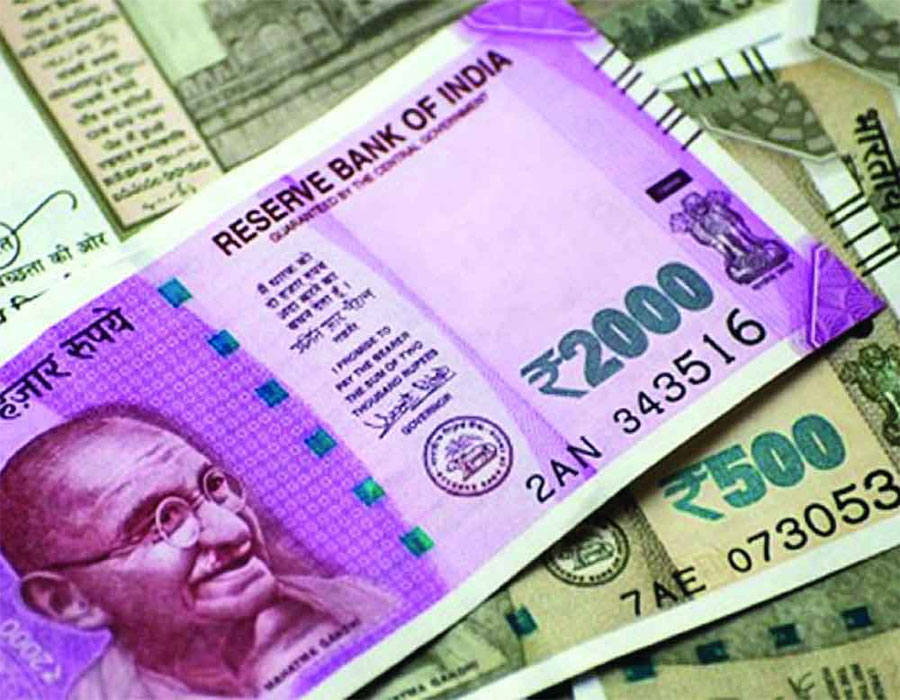
 OpinionExpress.In
OpinionExpress.In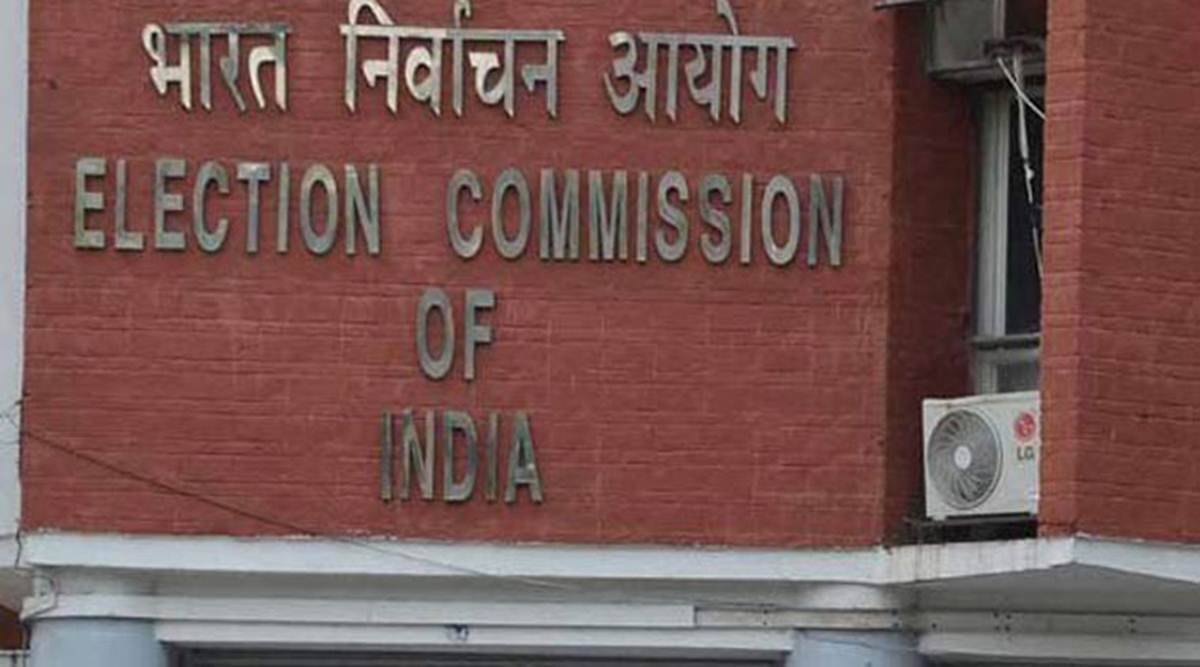
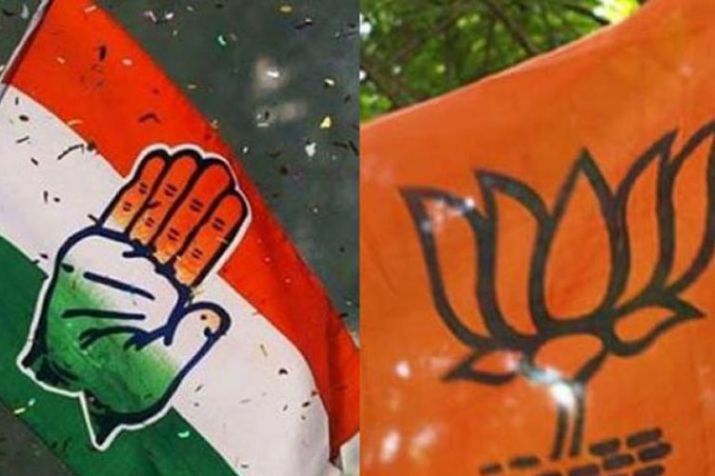

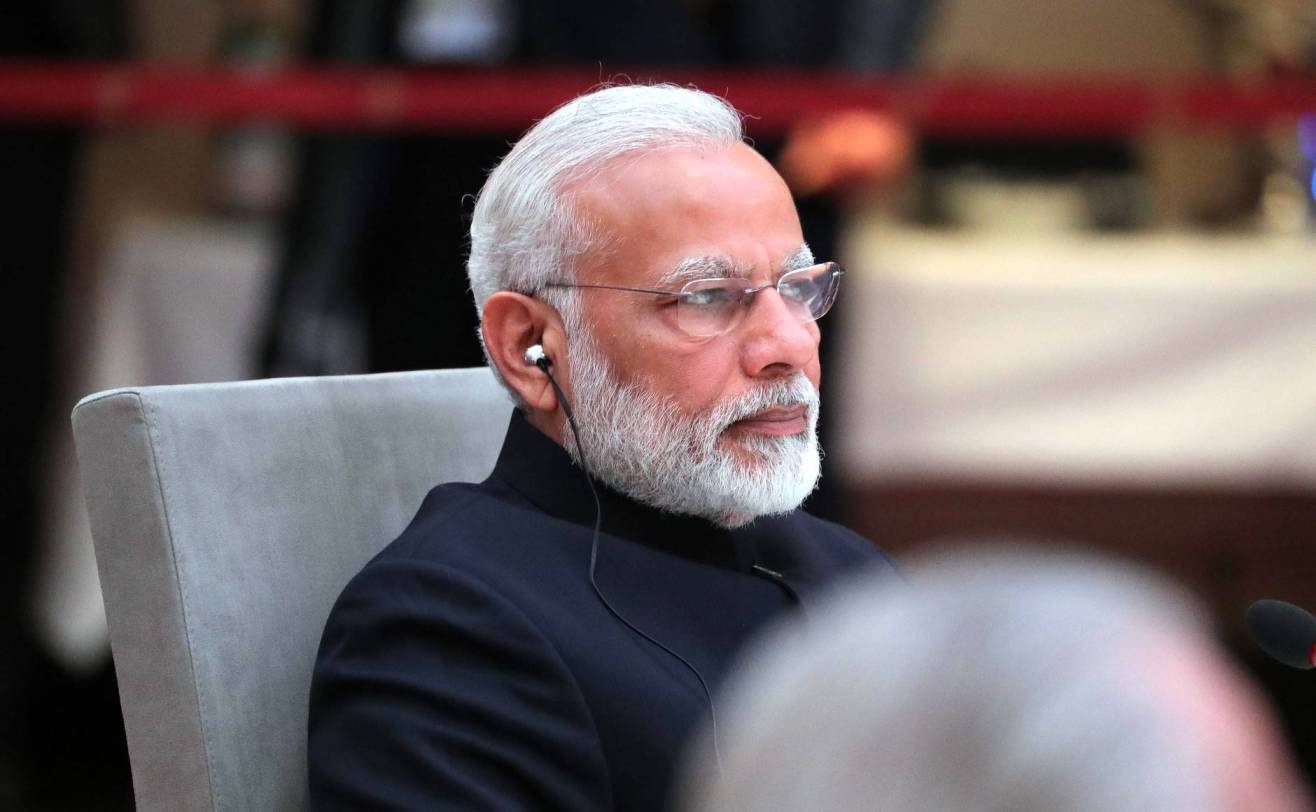





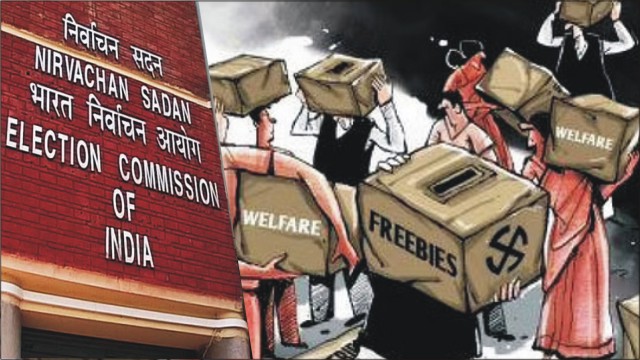






Comments (0)